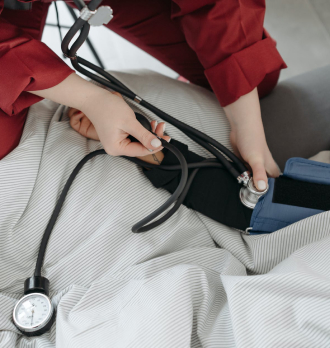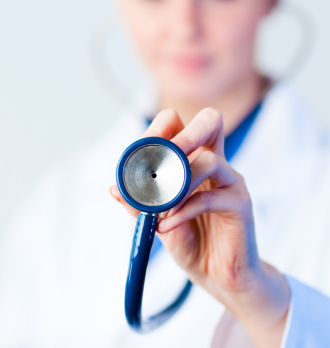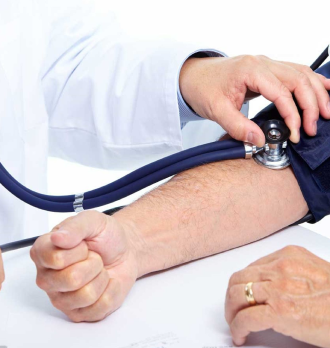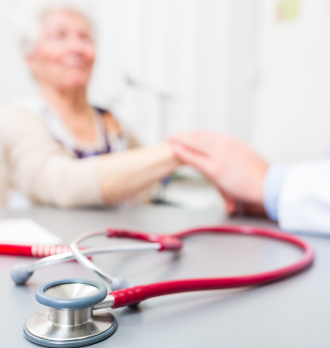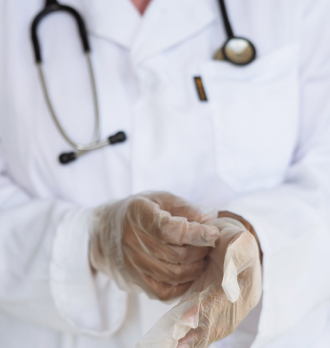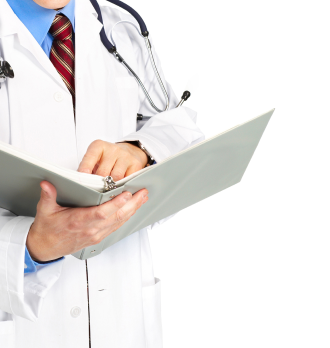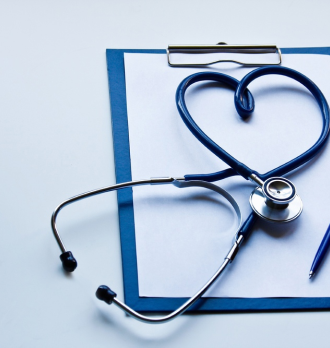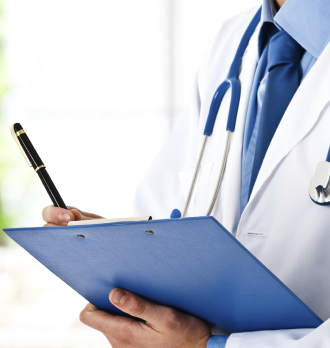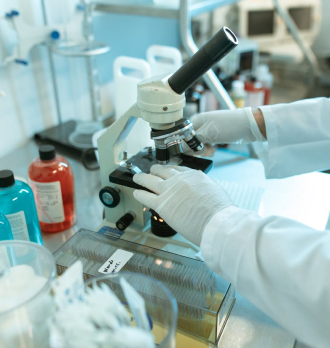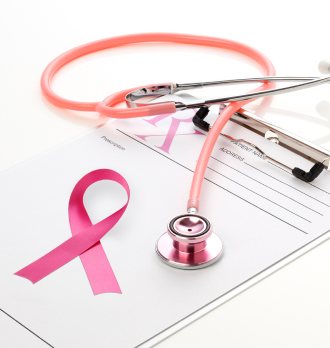What is Check-Up?
Check-Up is a periodic health screening aimed at providing early diagnosis and treatment of possible diseases that do not show symptoms in the light of age, gender, genetic and environmental factors in healthy-looking individuals.
Modern medicine aims to keep the individual healthy by taking into account the living conditions, diet, habits and familial risks before the disease occurs.
Why is Check-Up Important?
Early and accurate identification of contemporary diseases such as coronary artery, kidney and liver diseases, hypertension, hypercholesterolemia, diabetes and cancer is important in terms of both life expectancy and quality of life.
The earlier many diseases are diagnosed, the higher the success of the treatment will be.
With the thought that a finding that seems insignificant may be a precursor to an important health problem; It should not be forgotten that the success of treatment of a disease that can be diagnosed in the early period will be so high!
When Should Check-Up Be Done?
It is generally accepted that the check-up application should be done once a year. There are also those who foresee this period as six months.
How Does the Check-Up Process Proceed?
The doctor and person’s dialogue, laboratory analyzes and radiological examinations, as well as the results of the check-up application made in previous years, are compared, and the changes and risks in the health of the person are examined. In the light of these evaluations, if necessary; An appropriate algorithm can be followed by informing the person about the issues that are recommended to be paid attention to. If a health problem is diagnosed as a result of the check-up, it is directed to the relevant unit and treated.
What should you pay attention to before coming to Check-Up?
You must come on an empty stomach. You should stop eating 10-12 hours before your appointment time. Do not smoke, do not drink tea, coffee, alcohol.
Be careful about drinking water, you can drink as much water as you need 10-12 hours before your appointment time.
There is no need to discontinue the drugs used for chronic diseases such as blood pressure, diabetes, heart, rheumatism, thyroid disease, high cholesterol, psychiatric diseases, and neurological diseases. You can take the morning doses of these drugs after blood collection for "Check-Up" examinations.
Bring along the names and dosages of the drugs you are using.
Please bring the results of previous tests and examinations with you.
Do not exercise on the day of your check-up.
If your echocardiogram is to be taken, do not apply any cream to your body.
Come in a comfortable outfit and bring an outfit suitable for running (such as tracksuits or shorts, rubber, sneakers) especially if you have an "Stress ECG" in your program. Do not wear jewelry.
If you are pregnant or there is a possibility of pregnancy, you must inform your doctor before starting the procedure.
"Check-Up" for women should not coincide with the days of menstruation.
Rest for ten minutes before giving a blood sample.



